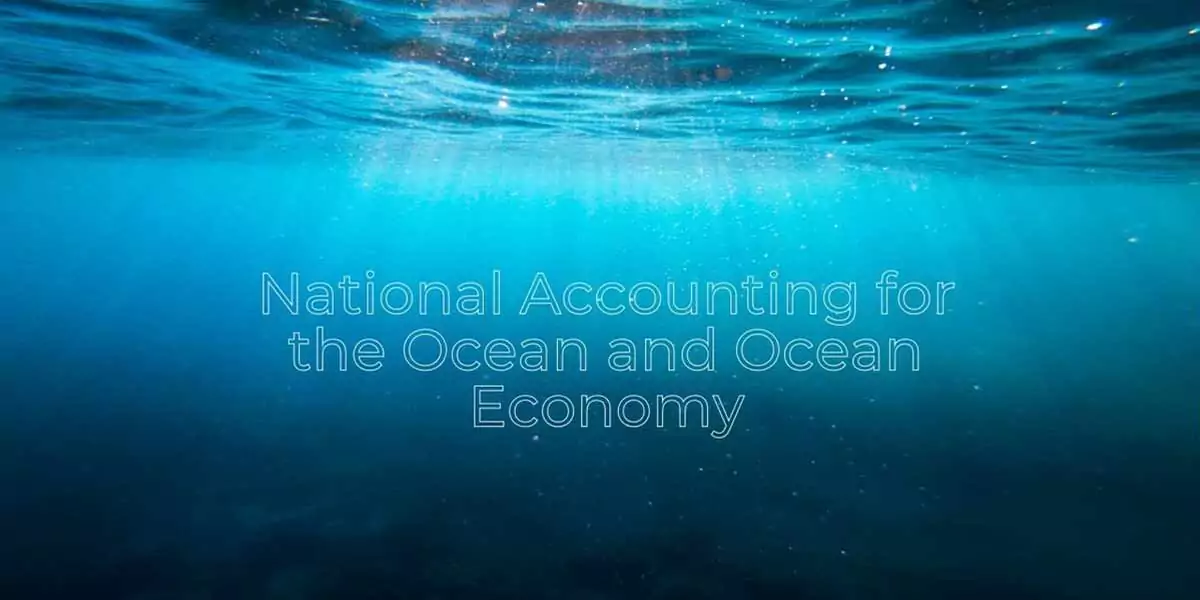A “High-Level Panel for a Sustainable Ocean Economy”, a unique initiative of 14 world leaders, recently released “National Accounting for the Ocean and Ocean Economy”, highlighting the role national ocean accounts could play in achieving a balance between use and conservation of the ocean. Ocean accounts provide a common conceptual framework for the organisation of social, environmental and economic data. Published as part of a series of 16 blue papers, the report reveals that heavy reliance on GDP as the sole indicator and use of only a small proportion of the available information on the ocean are so far hindering existing national accounting systems to achieve full accountability. It points out several missing aspects, including the status of ocean ecosystems, the sustainability of natural capital flows, the number of jobs or livelihoods supported and broad non-market benefits.
Existing accounts of national statistical institutes or finance ministries contain and organise monetary information (e.g. gross domestic product/GDP), which are used to evaluate the performance of an economy. At best, these figures help stakeholders and the public understand near-term policy outcomes and long-term sustainability. Ocean accounts enable policymakers to develop ocean economies which can take advantage of marine opportunities, while protecting the ocean and its natural assets for future generations.
The Blue Paper Series seeks to provide a targeted and detailed factual basis for individual and pressing marine conservation issues. With its report on ocean accounting, the Panel addresses and offers recommendations for the large gaps it identifies in the way marine ecosystem services and ocean assets are currently treated in national accounts. It introduces four novel principles for national ocean accounting and discusses methods for measuring and evaluating fluctuating ocean assets.
The Panel refers to many pilot projects around the world as evidence that ocean accounts can be compiled more effectively with “the use of existing data, and with little investment in collaborations between governments and international sharing of lessons learned”¹. In this context, African coastal countries seem especially in need of and likely to benefit from such progress. While “more diversified ocean resource-use is becoming increasingly important to Africa for the food, energy and economic security needs of its expanding populations”¹, there appears to be a clear “lack of standardised mechanisms to approach, account for, and decide on balancing diversified use of ocean space”². Since the MeerWissen Initiative is committed to strengthening the science-policy interface for the effective management and conservation of Africa’s ocean and coasts, it strongly supports the Panel’s recommendations on how to enhance the administration of African sea economies.
¹https://oceanpanel.org/blue-papers/national-accounting-ocean-and-ocean-economy
²https://saiia.org.za/research/ocean-accounts-a-seachange-approach-in-ocean-decision-making/

